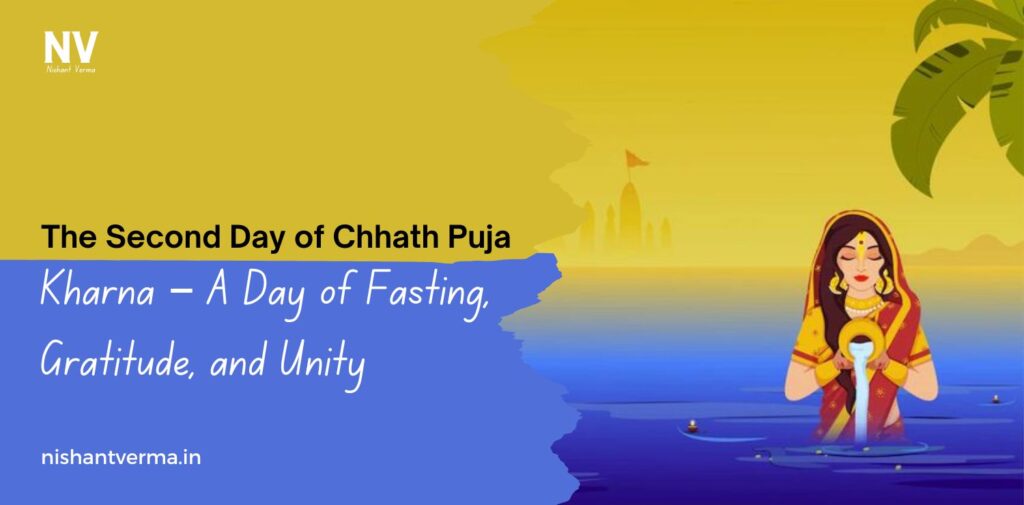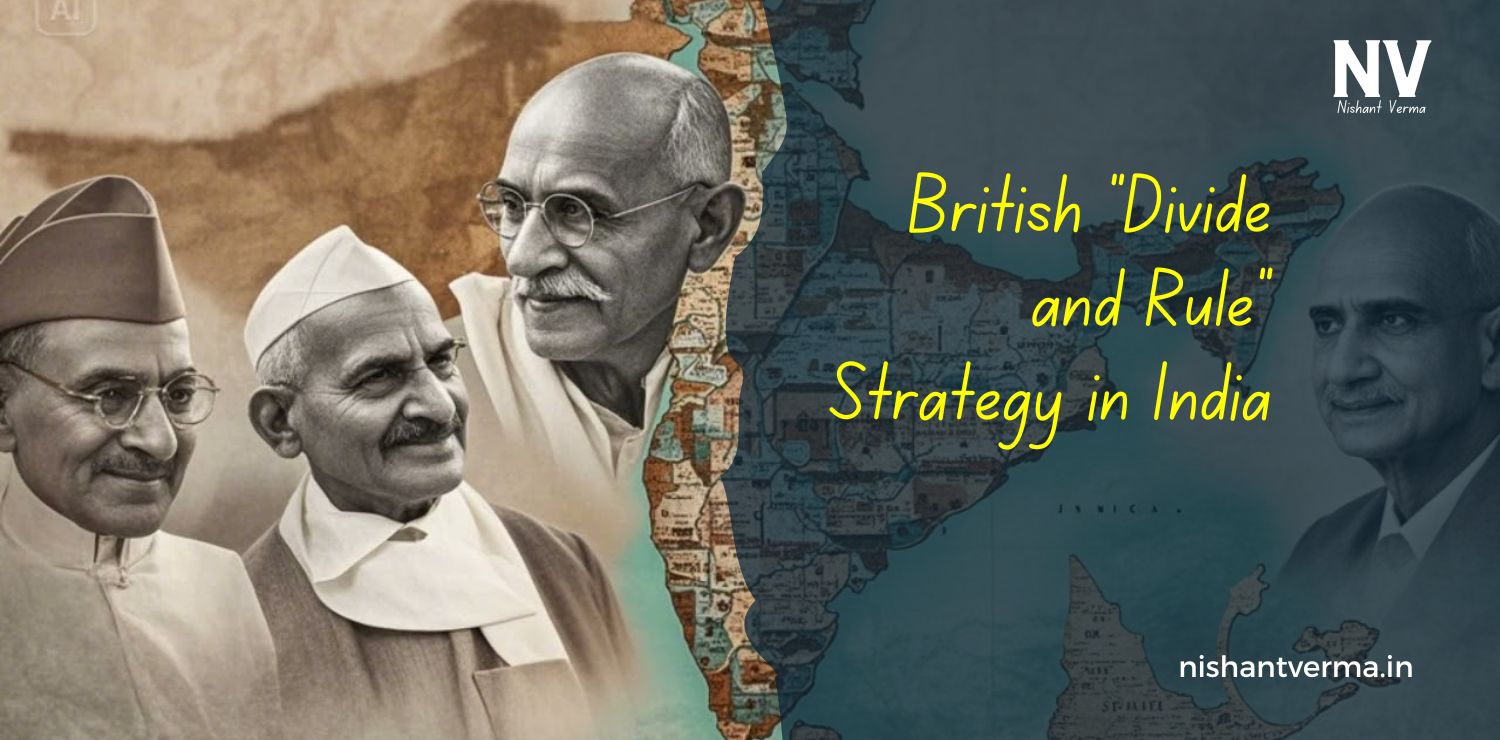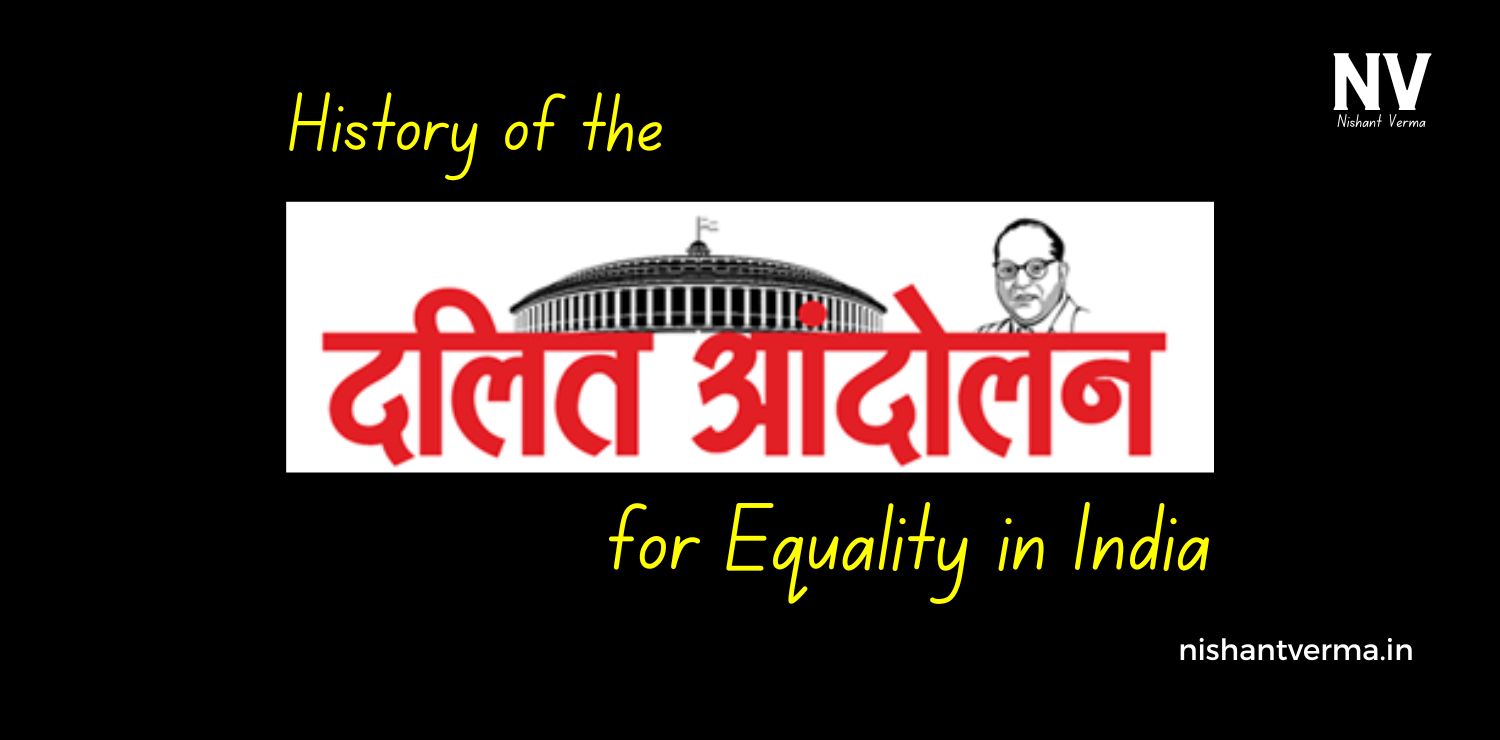Chhath Puja is one of the most significant festivals in India, celebrated primarily in Bihar, Uttar Pradesh, Jharkhand, and parts of Nepal. It is dedicated to the Sun God (Surya Dev) and his sister, Chhathi Maiya. The festival spans four days, each with its own rituals, meaning, and importance. Among these, the second day, called Kharna, holds a special place for the devotees. This day is marked by fasting, offering prayers, breaking the fast with a traditional meal, and sharing the food with family and friends.
Kharna is a day of devotion, discipline, and unity. Devotees demonstrate their deep faith and commitment to the Sun God by observing a strict fast from sunrise to sunset. This day is all about purification, preparing for the final rituals of the puja, and showing gratitude for the blessings received. Let’s dive deeper into the significance and rituals of Kharna in this four-day celebration.
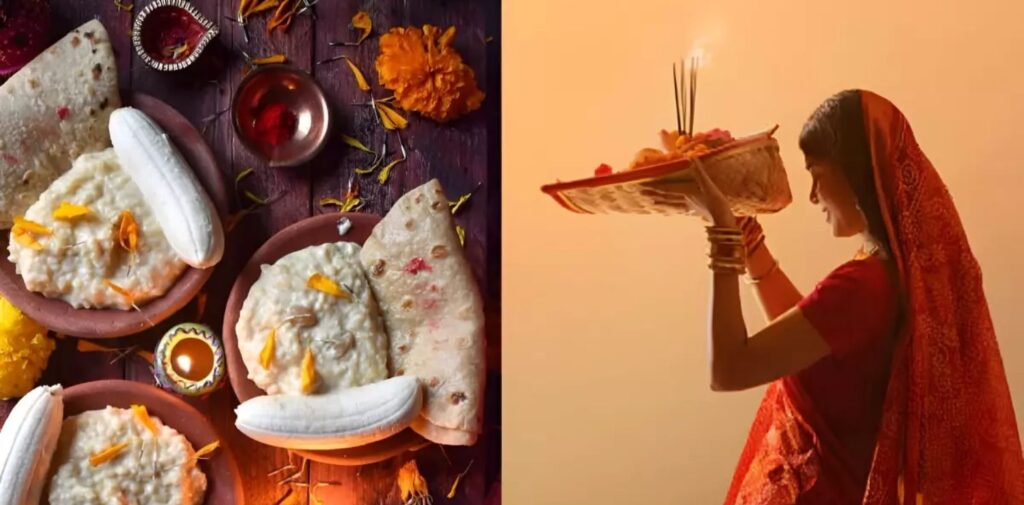
Understanding Kharna: The Meaning Behind the Day
Kharna takes place on the second day of Chhath Puja and is one of the most challenging and important rituals of the entire festival. Devotees begin their fast at sunrise and do not eat or drink anything until the evening. The fast is not just about abstaining from food; it is also a way to purify the mind, body, and soul. Fasting is believed to cleanse the devotee’s body and make them spiritually strong, ready to receive the divine blessings of the Sun God.
While fasting, devotees engage in prayers, meditate, and focus on the purity of their intentions. The entire day is spent in devotion, and people prepare themselves for the evening, when they will break their fast with a traditional meal.
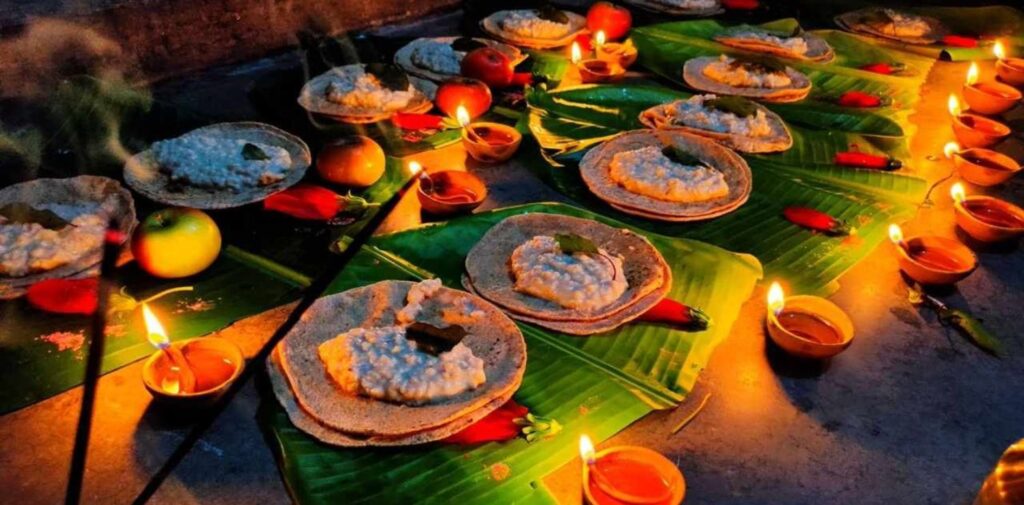
Breaking the Fast: A Special Meal of Kheer and Roti
The evening marks the end of the fasting period and is the most awaited moment of the day. Devotees gather to break their fast with a simple yet special meal made of kheer (a sweet rice pudding) and roti (flatbread). This meal is prepared with great care, following specific rituals. The ingredients are usually pure and freshly prepared. The kheer is made by boiling rice with milk, sugar, and cardamom, creating a sweet, creamy dish that represents abundance and prosperity. The roti is made from wheat flour, signifying simplicity and humility.
This meal is offered to the Sun God and his sister Chhathi Maiya as prasad (a sacred offering). In Hinduism, prasad is a way of sharing the divine blessings that are received from the gods. The offering is not just a form of worship but also an act of gratitude for the Sun God’s life-giving energy.
Sharing the Meal: Spreading Joy and Unity
One of the most beautiful aspects of Kharna is the tradition of sharing the meal. After the offering is made, the kheer and roti are distributed among family members, friends, and neighbors. This act symbolizes the importance of community and togetherness. It is a reminder that true happiness lies in sharing blessings with others.
In many families, the breaking of the fast is not only a time for eating but also a time for gathering, celebrating, and strengthening relationships. The meal is served with love and warmth, and people come together to support one another. It is a moment of bonding and creating memories that last a lifetime.
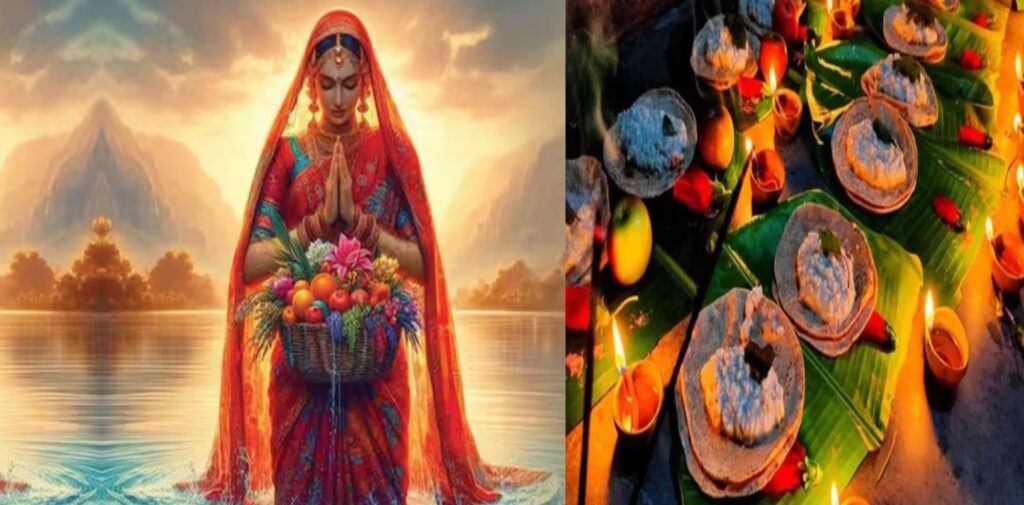
The Spiritual Significance of Kharna
Kharna is more than just a day of fasting and feasting. It carries deep spiritual meaning. The fast on this day represents the devotee’s dedication to the Sun God and the willingness to go through hardships in order to receive his blessings. The act of fasting is also seen as an expression of self-discipline, control over desires, and purity of heart.
In many ways, Kharna reflects the values of the Chhath Puja itself. The festival teaches patience, gratitude, and respect for nature. The Sun God is not only seen as a deity who provides warmth and light but also as a symbol of life and energy. Devotees believe that by fasting, praying, and making offerings, they can receive the Sun God’s blessings for a healthy and prosperous life.
The Importance of Purity and Discipline
Throughout the four days of Chhath Puja, devotees maintain strict discipline and purity. This is especially true on Kharna day, when everything—from the preparation of food to the way the fast is observed—is done with great care. People often take a dip in rivers or ponds before starting their rituals, as water is considered sacred in Hinduism. They also make sure that their homes are clean and free from any form of impurity.
This focus on cleanliness and purity is not just about physical cleanliness but also about maintaining a pure mind and soul. During Chhath Puja, people strive to cleanse themselves from within, leaving behind any negative thoughts, actions, or emotions. It is a time for renewal and spiritual growth.
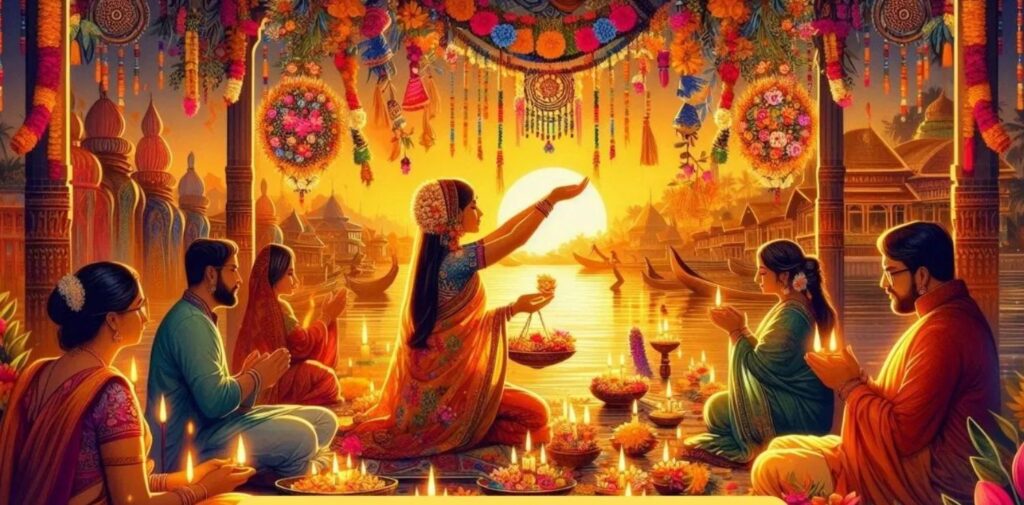
A Community Celebration: The Spirit of Chhath Puja
Chhath Puja, and especially the second day of Kharna, is not just a private act of devotion. It is a community celebration. The entire family, including extended relatives, friends, and neighbors, come together to observe the fast, share the meal, and participate in the rituals. The sense of unity is powerful during this festival. Everyone works together to ensure that the rituals are completed with sincerity and devotion.
This spirit of togetherness extends beyond the family. In many regions, communities organize Chhath Puja events where people come together to sing devotional songs, perform rituals, and celebrate the Sun God. These gatherings strengthen the bonds between people and remind them of the importance of community in religious and social life.
Kharna and the Upcoming Festivities
Kharna marks the preparation for the most significant rituals of Chhath Puja, which take place on the third and fourth days of the festival. After breaking the fast on Kharna, devotees prepare for the Sandhya Arghya (evening offerings) and Usha Arghya (morning offerings), where they gather at rivers, lakes, or other bodies of water to offer prayers to the setting and rising Sun.
On these final days of the festival, devotees offer fruits, flowers, and other symbolic items to the Sun God and ask for blessings of good health, prosperity, and peace. The discipline and devotion observed on Kharna prepare them for these intense and spiritually enriching rituals.
Conclusion: Second Day of Chhath Puja: Kharna – A Day of Devotion, Gratitude, and Unity
The second day of Chhath Puja, Kharna, is a celebration of devotion, purity, and community. It is a day when devotees demonstrate their unwavering faith in the Sun God through fasting, offering prayers, and breaking the fast with a traditional meal of kheer and roti. This meal, offered as prasad, is shared with family and friends, reinforcing the values of unity, gratitude, and the importance of community.
Through the observance of Kharna, devotees not only purify their bodies but also nurture their souls, preparing for the deeper spiritual practices that lie ahead in the festival. Chhath Puja is a time to reflect on life’s blessings, express thanks for the energy and vitality provided by the Sun God, and celebrate the bonds that hold us together as a community.

